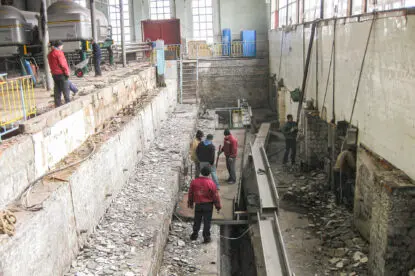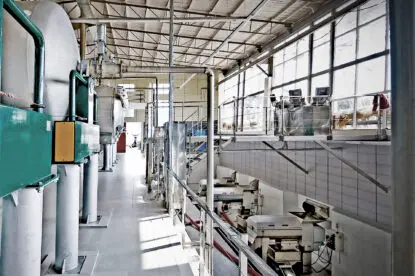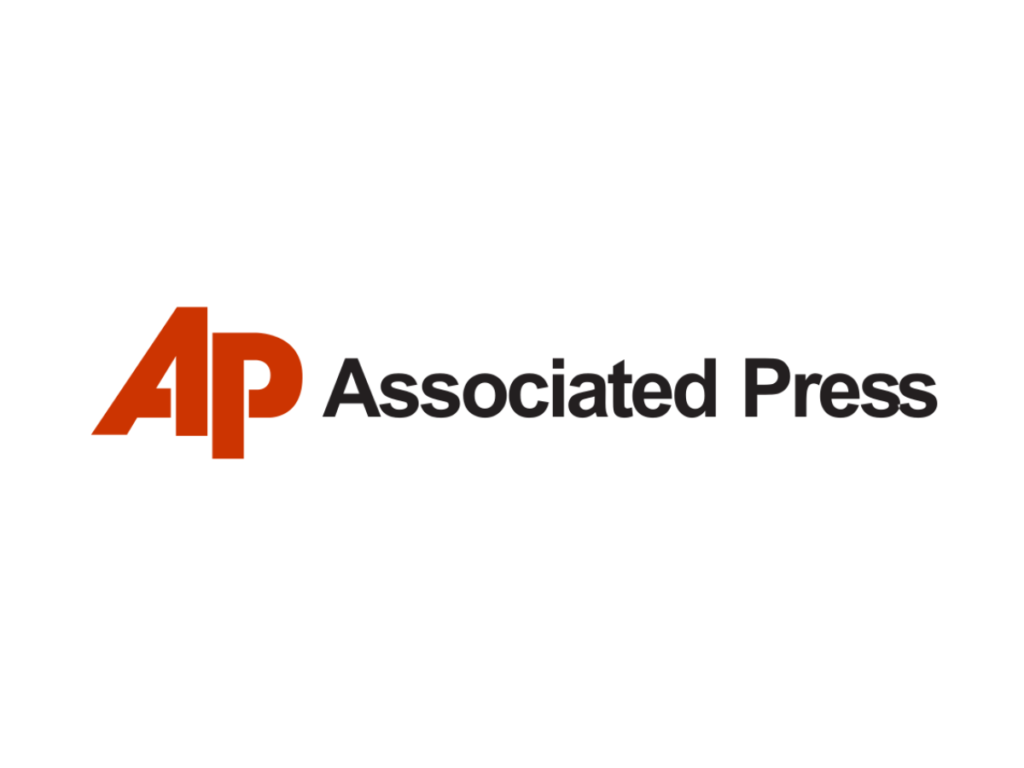The Military Vet Bringing Ukraine’s Fine Wines Stateside

The Military Vet Bringing Ukraine’s Fine Wines Stateside
By Justin Goldman | Published August 19, 2025
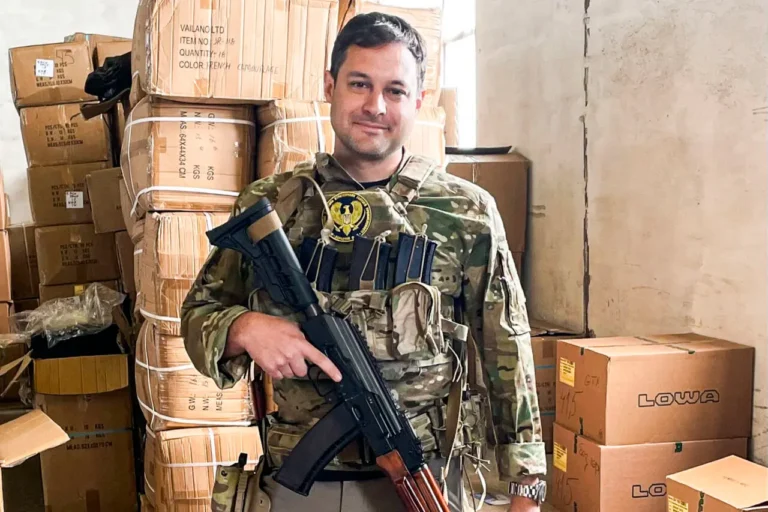
Sam Lerman knew he had to go to Ukraine. After Russia invaded in 2022, helping the country defend itself was so important to the former Air Force Security Forces Technical Sergeant that when his wife revealed she was pregnant on the eve of his departure, she told him to go anyway. “I don’t know whether this changes anything,” she said. “I don’t want to look at ourselves years later and wonder whether we could have made a difference.”
Armed with his wife’s orders, Lerman set off for Ukraine, moving into a safe house where he and a few other former American servicemen consulted with Ukrainian operatives on the defense effort. That first night in country was life-changing in a way Lerman never would have predicted. When a Ukrainian comrade offered him a drink, Lerman said he wasn’t a fan of vodka. “This is not vodka,” the man responded. “This is horilka. Vodka is Russian and it can only make you angry. Horilka is Ukrainian and it opens your mind.”
The Ukrainian version of vodka did, in fact, open Lerman’s mind to the wonders of the local spirits. The same goes for Ukraine’s wines, which he sampled during a stay that was supposed to last just a few days but ended up extending for weeks.
Upon returning to the States, he scoured liquor stores near his home in the Washington, D.C., area for Ukrainian wine. “I would get two responses,” he remembered. “Either ‘Ukraine makes wine?’ Or ‘Ukrainian wine is great, but I’ve never heard of a distributor having it here in the U.S.’”
Once again, Lerman heeded the call, with a new mission to bring the wine and spirits from the country he had fallen in love with to his native land.
He partnered with David, a Retired U.S. Marine Corps Officer and serial entrepreneur, and Maksym, a Ukrainian veteran and entrepreneur, to launch Spyrt Worldwide, a wine importer (last names withheld for security reasons). They needed a big client to get their operation off the ground, and word of mouth led them to Shabo.
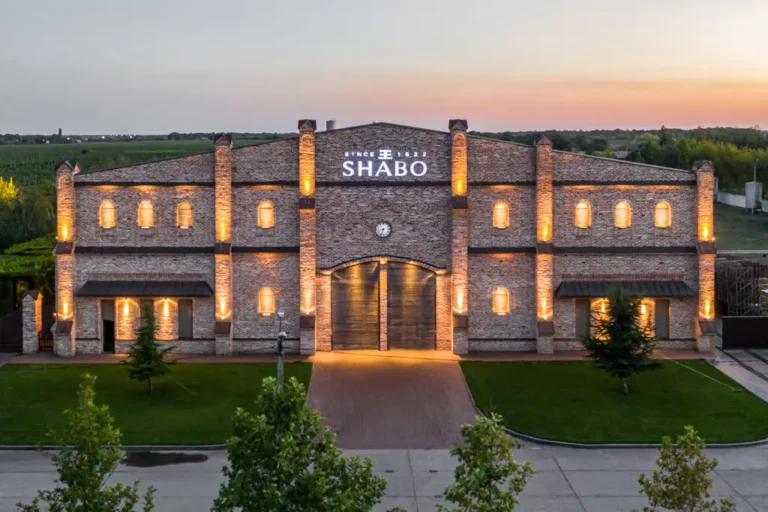
Archaeological evidence suggests that viticulture has been practiced in Ukraine, along the shore of the Black Sea, since the 4th century BCE. In 1822, a group of Swiss winemakers from the Canton of Vaud now famous for its UNESCO-designated terraced vineyards—travelled to the village of Asha-Abag (later renamed Shabo) to analyze the soil. They were so impressed with what they found that they pulled up stakes and established a winemaking colony where the Dniester Estuary meets the Black Sea, southwest of Odesa. They made fine wines there for a century, until the Soviets began using the facility to produce bulk wine, and it eventually fell into disrepair.
In 2003, Vaja Iukuridze, a Georgian vineyard manager whose family had been living in Ukraine for half a century, came across the property in Shabo. “At that point, the winery was in complete ruin,” said Giorgi Iukuridze, Vaja’s son and present-day CEO of Shabo. “But he had a vision.”
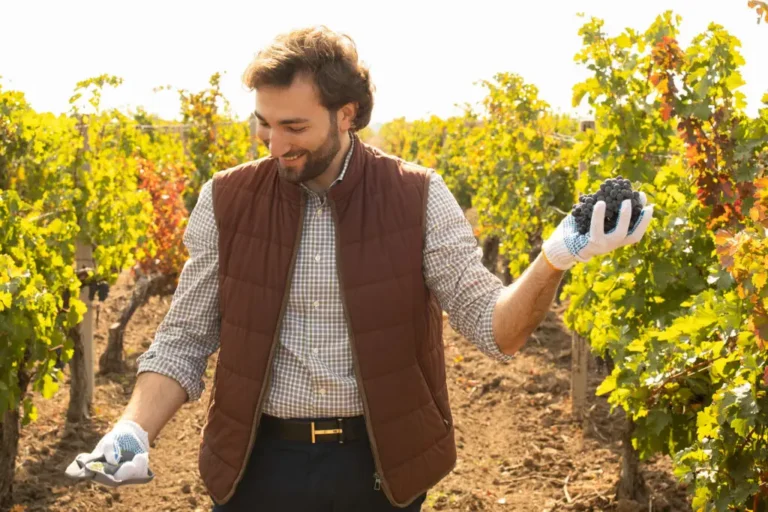
The family took out huge loans from banks and personal lenders, investing around $115 million over the next two decades to rebuild the winery with state- of-the-art equipment from Western Europe. They replanted about two-thirds of the property’s roughly 3,000 vineyard acres with vines sourced from nurseries in Italy and France.
“We went into that project with essentially two main goals,” Iukuridze said. “First, create the first great wines of Ukraine, the ones that will battle the first growths of Bordeaux; second, to put Ukraine on the world wine map.”
By the time Lerman met Iukuridze, in 2023, Shabo had gone a long way toward accomplishing those goals. The winery’s many bottlings, which run the gamut from age-worthy Bordeaux blends to crisp Telti-Kuruks (an indigenous white grape harvested from pre phylloxera vines), had already won gold medals, been poured at Michelin-starred restaurants in Europe and been displayed at the Cité du Vin museum in Bordeaux. Expanding to the U.S. market offered a huge opportunity, but Iukuridze was hesitant the first time he talked business with Lerman, over dinner at a steakhouse in Kyiv.
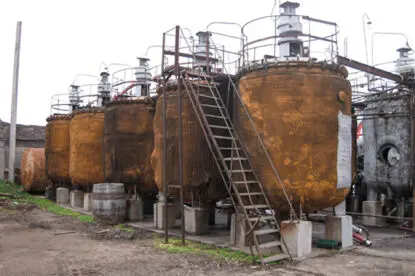
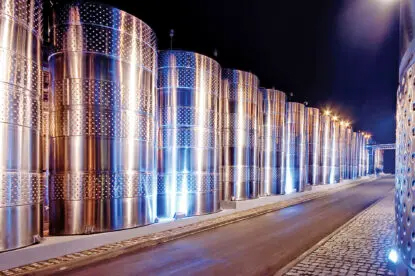
The Shabo facility after it was transformed with $115 million of investment. Image Courtesy of Shabo
“It literally was three hours of questions nonstop from me, because we really care about who represents our winery and our mission,” Iukuridze said. “The point in the evening when I said, ‘Okay, I can work with this person,’ was when he showed me a picture of him meeting with Mr. Zelensky.”
A partnership was born, and Spyrt Worldwide began importing Shabo, along with two other spirit brands, to the U.S. this past March; the wines can now be found in 12 states. Aside from advocating for Ukrainian beverages, Lerman continues to help out on the ground: His company donates a portion of its profits to Invictus Global Response, an NGO that works to remove landmines in Ukraine, which is now the most mine-laden country on the planet.
“We’re really happy and proud of what we’ve done and are going to do,” Lerman said. “It’s incredible wine, it’s sharing Ukraine with the world and it’s saving lives with each sip.”
